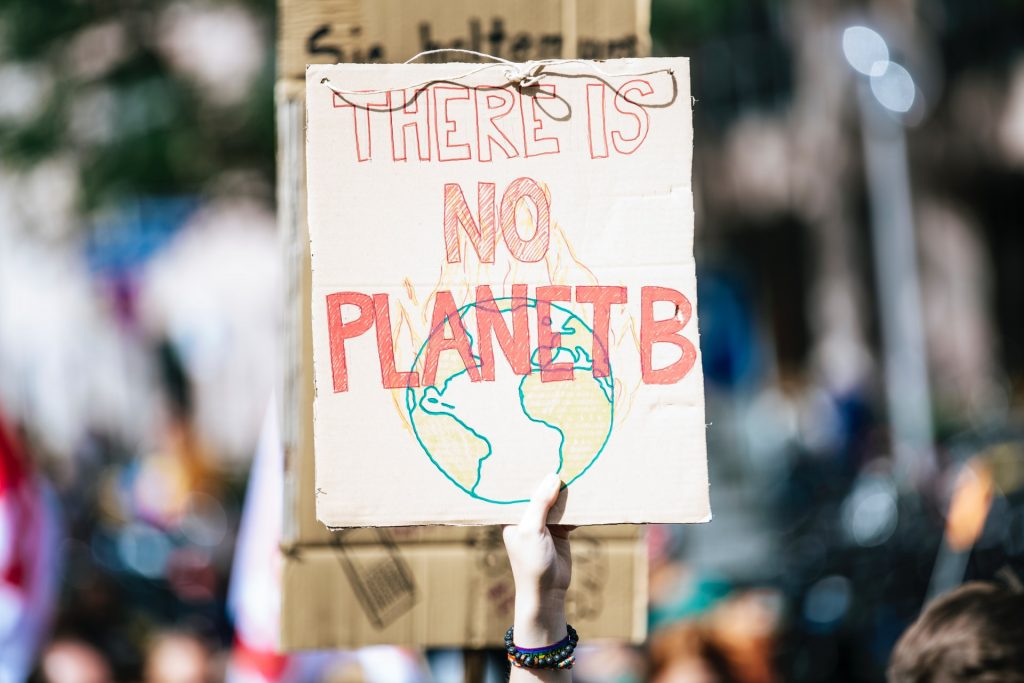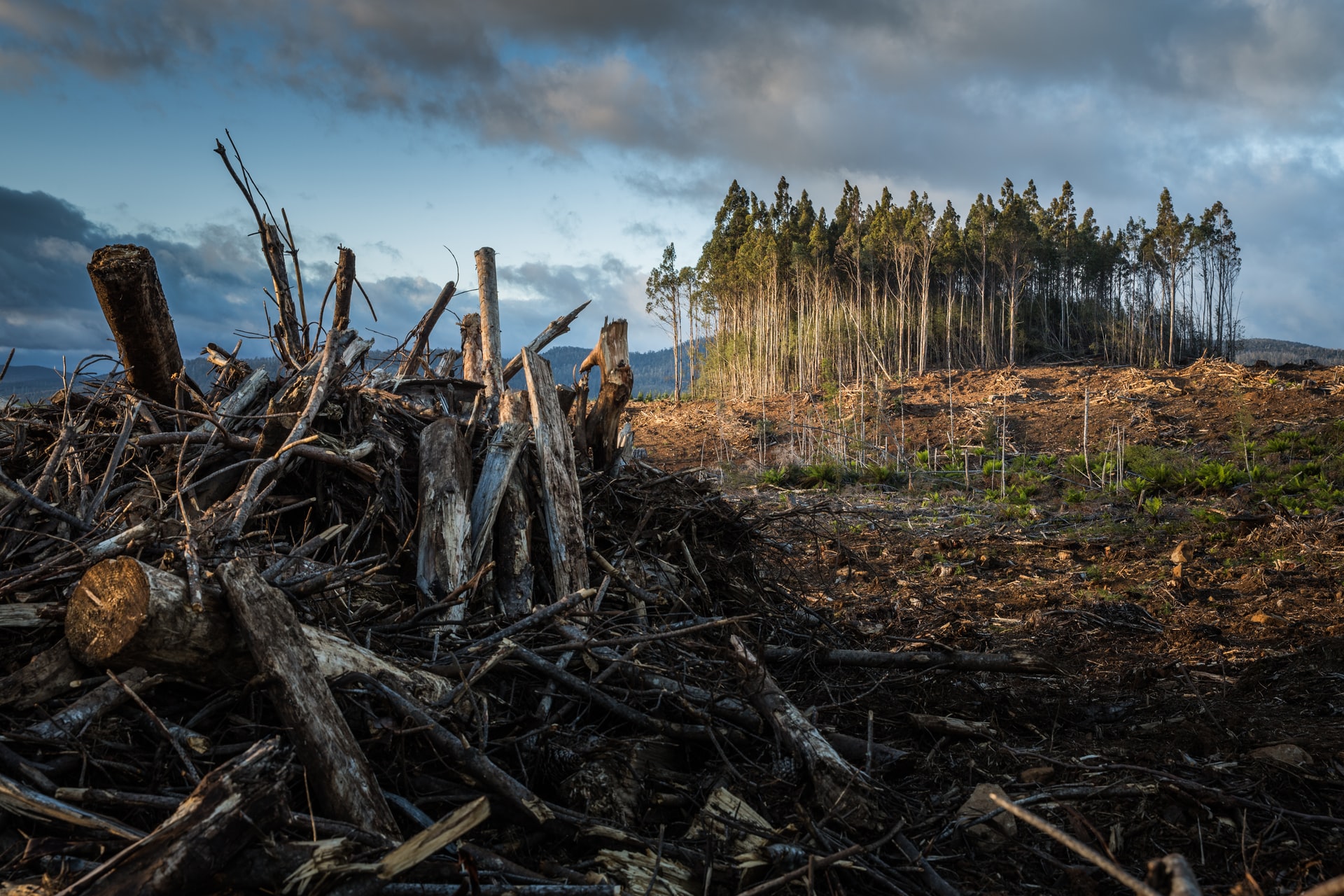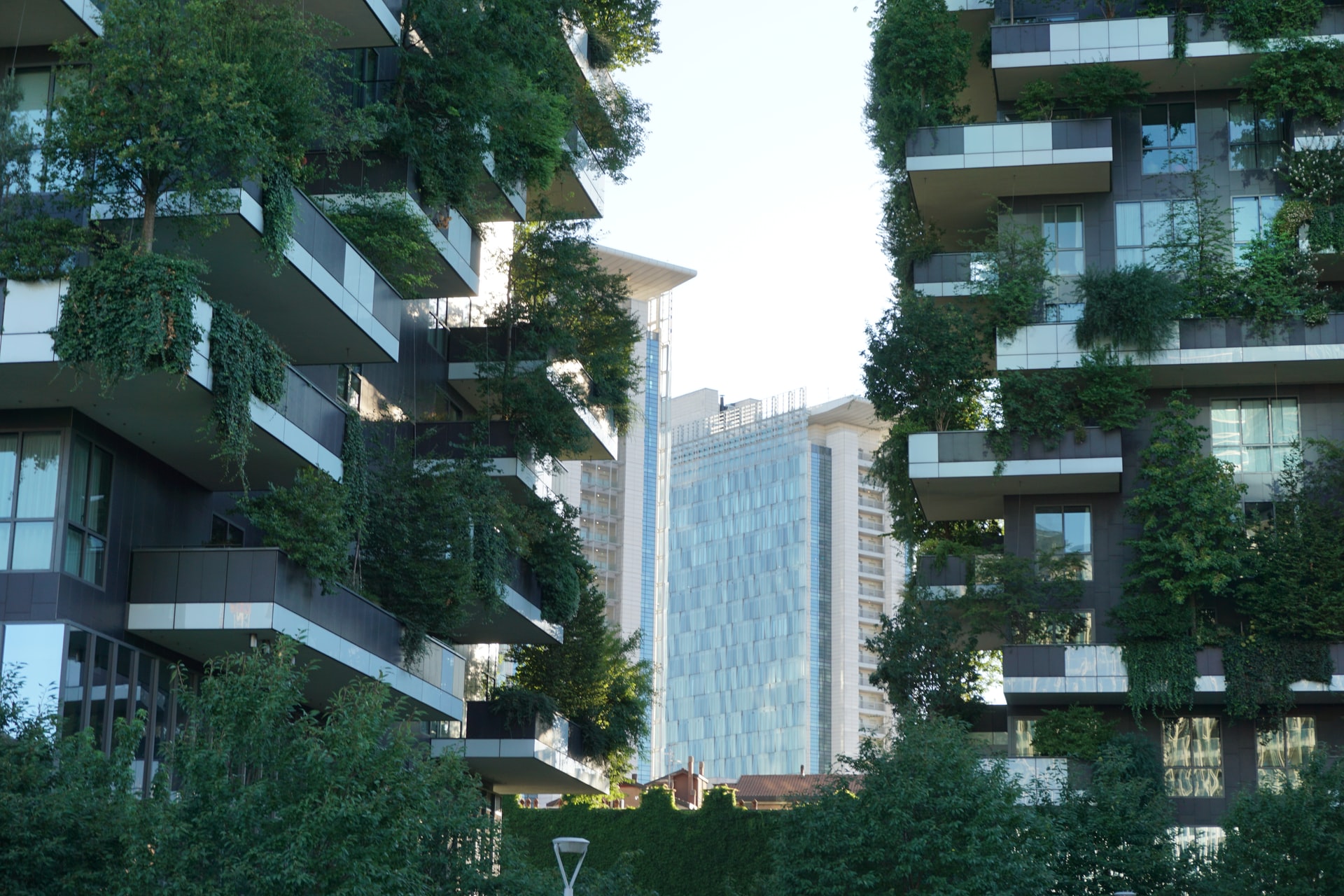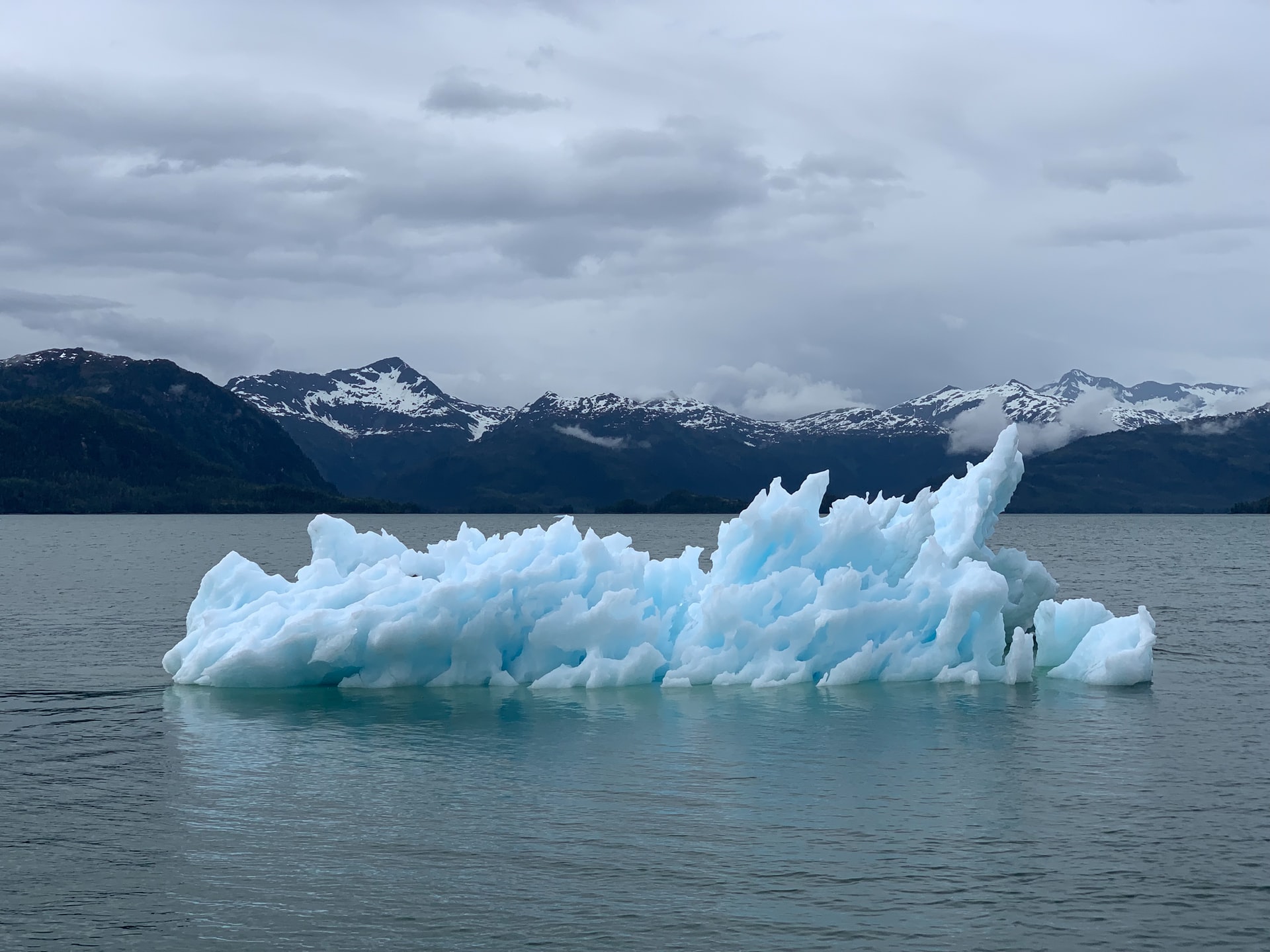What role does faith play in our collective understanding of the environment? In our latest post, originally published by Theos, Martin Palmer outlines the role that faith communities have played in climate discussions, but also outlines the history of this role over the last four decades.
Coinciding with and following COP26 in Glasgow, the LSE Religion and Global Society blog is pleased to host a new series on the environment and religion, showcasing how faith communities respond to and influence the discourse around climate change. This series will feature voices from specialists, diplomats, and activists on the topic.

For over 35 years I had the pleasure of being HRH The Duke of Edinburgh’s religious advisor on the environment. Together, we convened the first ever meeting of the key faiths and the major environmental organisations in Assisi in 1986. From this has flowed, through the work he pioneered and through the Alliance of Religions and Conservation (ARC) that he and I set up, the ever deepening role of faiths in environmental issues. When we set up ARC in 1995 we gave it twenty years on the grounds that if we succeeded in our two aims – help every major faith tradition create faith–based programmes on the environment, and help each major secular environmental and development organisation to see the faiths as key partners – then we should close. Equally, if we hadn’t succeeded, then we were obviously not much good – and should close.
By 2009 the UN had declared that the faith environment movement was the largest Civil Society programme on the climate crisis in the world. When the British Government began to fear COP26 (why are we at 26 and planning 27–30? We knew what needed to be done at COP 4!) might not work, they reached out to us at Faithinvest and WWF’s Beliefs and Values programme to ask if we could highlight the role the faiths were already playing and dramatically increase that through faith long term plans – called Faith Plans. And the reason is that we are the largest Civil Society stakeholders on the planet.
Faithinvest itself came out of a realisation that Prince Philip and I had. During the period of ARC’s life we had undertaken studies which resulted in the State of Religion Atlas, a first attempt to map what the faiths own, run, influence and believe in action. From this we found that 64% of schools in Sub–Saharan Africa are faith–based; a third of all universities worldwide are faith–based – ditto hospitals and clinics. We also found as faiths we own 5% of all commercial forests and 8% of the habitable surface of the planet. We also are one of the largest investment groups with estimates of the total being between $12 to 14 trillion.
Put bluntly, the faiths are major stakeholders in the planet. We alone as investors could change the norms and values of the investment market towards only investing in sustainable and environmental projects. Through our education networks – and the hundreds of millions in our youth movements – we can help a generation who believe that the world is doomed and there is little they can do. By delving back into our wisdom and experiences of bringing our communities through disasters, natural and human, we can help people find a pathway forward. By right use of our resources, through purchasing only ecological products wherever possible, we can be one of the main engines of radical, utterly necessary change. And we can offer not just another model of how to live sustainably – but many such models.
The reason this is possible is because, in our different faiths, we have a diversity of ways of understanding our place on earth.
I am a Christian and my understanding of why we are here is now profoundly shaped by Orthodoxy’s position. It is common for many in the West to say we are stewards of creation/nature. What a terrible word! Stewards manage. They don’t have a relationship with what they manage. They simply manage. Orthodoxy says we have four key relationships: the relationship with God, The Divine – whatever you want to call that Greater Power; with our neighbours; with the rest of Creation/Nature; and with ourselves. Orthodoxy rejects the Master model of stewardship and instead says we are called to be the priests of creation. We are here to bring the gifts and worship of all life to the Creator and to be the glorious yet humble channel by which Grace flows to all life on earth. Or to put it even more challengingly, we need to move beyond sin and guilt (so beloved of the wider environmental movement) and instead ask how we as priests can truly be a blessing to and with Creation.
I have worked also for many years with non–Abrahamic faiths such as the Shinto of Japan and Daoists of China. Their understanding is best captured in what happened when we brought together faith forest owners from many faiths. The Christian and Muslim forest–owning traditions wanted all faiths to declare their forests as “Faith protected forests.” The Shinto were appalled. “That’s not right. We don’t protect the forests. They protect us!” they cried. We are but part of nature – not the rulers, even if we are often the abusers, in this relationship.
When we dig deep into our traditions we have to move beyond the comfortable myths of the purpose of Creation as being there for us. We are part of Creation and feel its pain and joys equally.
This is why at COP26 major faiths will commit to launch Faith Plans designed to realign their assets – investments, land, building, educational and medical institutes and their lifestyles – to be once again a part of nature working with the rest of Creation, not standing apart from Nature, pretending we have every right to do whatever we want.
On Oct 4th religious leaders launched an appeal to the nation states for COP26. But at the same time they urged each faith to create faith plans so that, as Confucius put it, “We practice what we want to preach and we preach what we are already practicing.”
Note: This piece gives the views of the author, and not the position of the LSE Religion and Global Society blog, nor of the London School of Economics. This piece was originally published by Theos.





